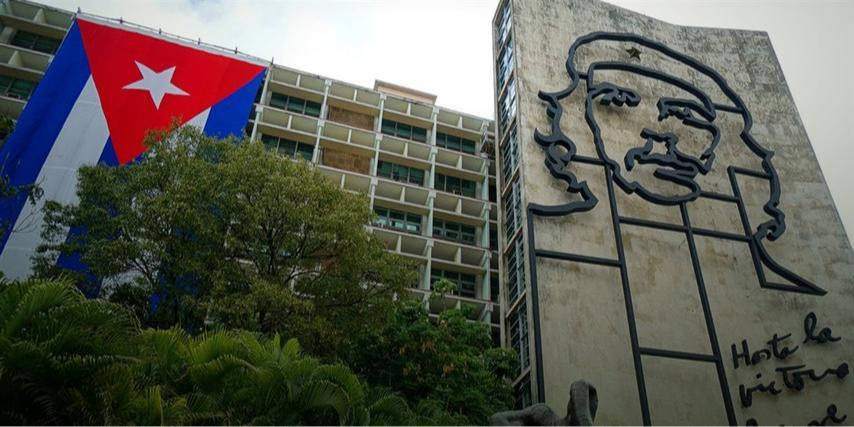RHC
Cuba maintains a policy of zero tolerance for drugs, which is why it supports the fight against drug trafficking and promotes the education of the population and prevention as coping strategies.
According to Colonel Juan Carlos Poey, head of the specialized anti-drug body of the Ministry of the Interior, although this Caribbean nation is not a producer of these substances, its geographical location places it at an intermediate point between the countries of origin of drug trafficking (to the south). and the largest consumer (the United States, to the north).
He stated that as a result of operations against drug traffickers on the high seas, the caches that, dragged by sea currents, reach the Cuban coasts are often launched, mainly to the north of the provinces of Guantánamo, Holguín, Las Tunas, Camagüey and the northern keys of Ciego de Ávila (in the east).
In the western portion of the island, these calls along the northern coast occur mainly in the Mariel area, province of Artemisa, and to the south in Pinar del Río, the special municipality of Isla de la Juventud and the Ciénaga de Zapata, in Matanzas, the officer explained to the national television program Hacemos Cuba.
However, he noted, Cubans residing abroad have attempted to introduce drugs by sea and air, mainly in the western part of the country, and he reported that in 2023 three operations of this type were intercepted.
He explained that such activity affected several international airports on the Caribbean island last year, through shipments of unaccompanied cargo and parcels.
Poey stressed that Cuba has the technology and trained personnel to detect the entry of all types of drugs.

